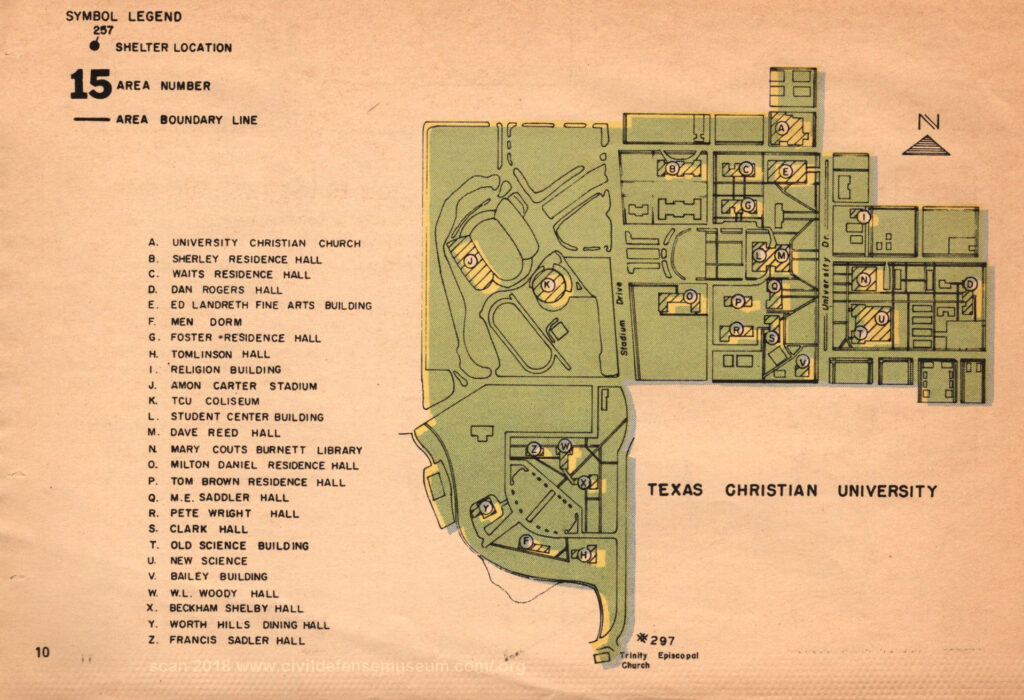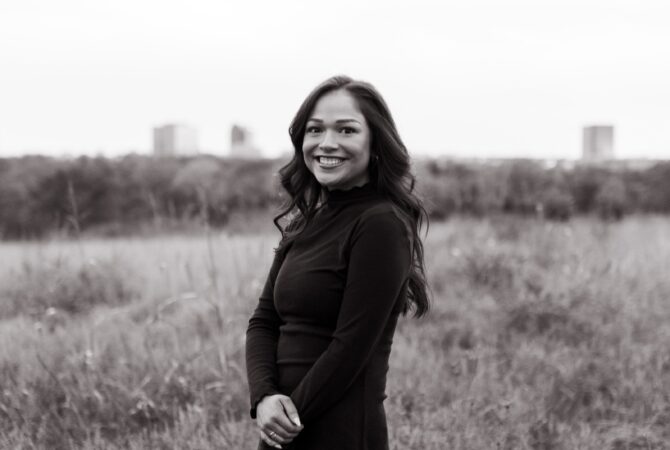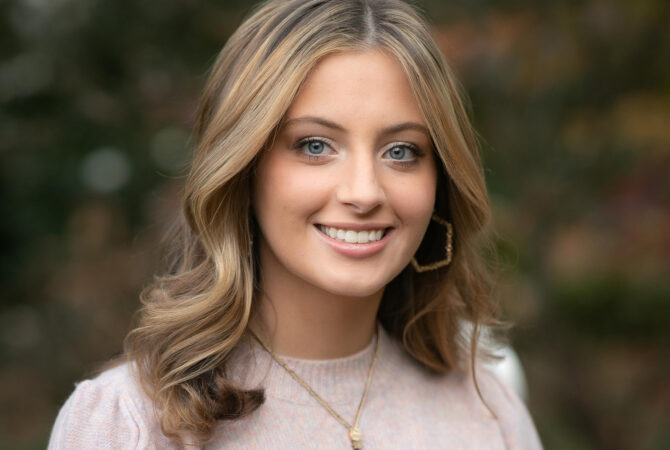This episode of Frogcast analyzes the role of the government in militarizing the America public during the Cold War and expanding the nuclear conscious, begging the question:
Who are we in wartime?

Sources
“Are You Ready? Fort Worth and Tarrant County Fallout Shelter Emergency Plan,” 1971, Civil Defense Museum, Accessed 7 Sept. 2023.
Ater, Malcolm W. “The H-Bomb and You.” Commercial Comics, 1955.
Bennett, Tony. Civil Defense Radio Spot, 1959.
Cash, Johnny. Civil Defense Radio Spot, 1959.
“Citizens ‘Cozy’ About Shelters.” The Skiff. November 7, 1961, 6.
CONELRAD test. WPGC (Washington, D.C.) with Dean Griffith. 1961.
Dylan, Bob. “Masters of War,” live at Town Hall, New York, NY, April 1963; original by Columbia Records, 1963.
“Fallout Shelters: Will We Be Protected?” The Skiff. November 24, 1964, 3.
Middleton, Robert, Narrator. Duck and Cover. Castle Films, 1952. Video.
Ratliff, Richard. “In Case of Atomic Attack: TCU Provides Protection for 2,600.” The Skiff. April 28, 1964, 1.
“What’s the Use Of Fallout Shelters?” The Skiff. January 12, 1962, .
For Further Reading
McEnaney, Laura. Civil Defense Begins at Home: Militarization Meets Everyday Life in the Fifties. Princeton: Princeton University Press, 2020.
Monteyne, David. Fallout Shelter: Designing for Civil Defense in the Cold War. Minneapolis: University of Minnesota Press, 2011.
Rose, Kenneth D. One Nation Underground: The Fallout Shelter in American Culture. New York: New York University Press, 2001.
Meet our Expert
Laura McEnaney is a historian and author who is currently the Vice President for Research and Education at the Newberry Library. Prior to this job, McEnaney was a history professor at Whittier College in California, and specialized in post-World War II history. McEnaney’s research focuses on questions of war and society, and in post-war periods’ transitions from conflict to peace. She wrote the book Civil Defense Begins at Home: Militarization Meets Everyday Life in the Fifties and has published many scholarly articles as well. McEnaney has received a grant from National Endowment for the Humanities, a fellowship from Brown University, and an award from the American Council of Learned Societies. Additionally, she received Whittier College’s Teaching Excellence Award and its Presidential Award for Outstanding Teaching of First-Year Students.

